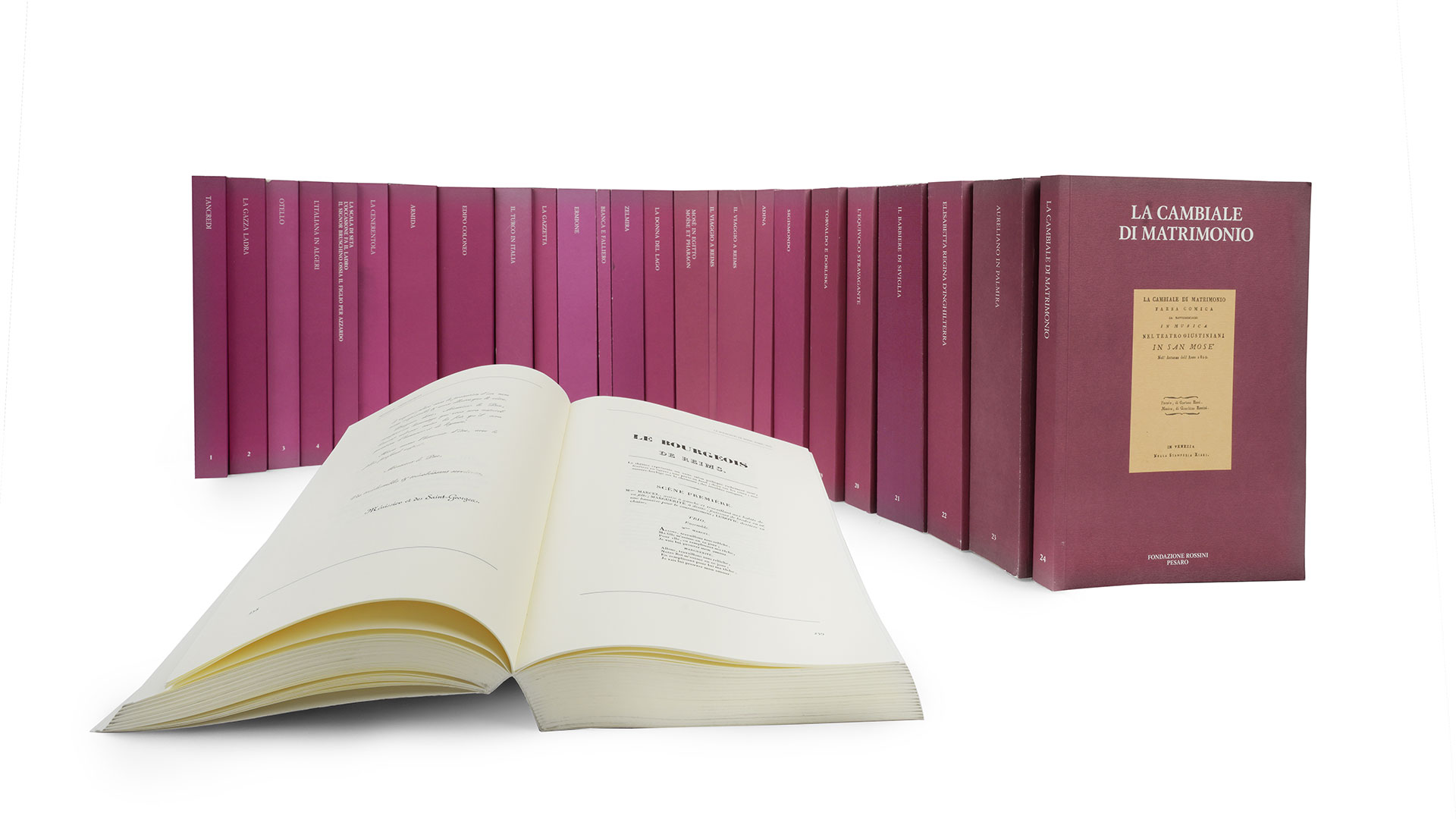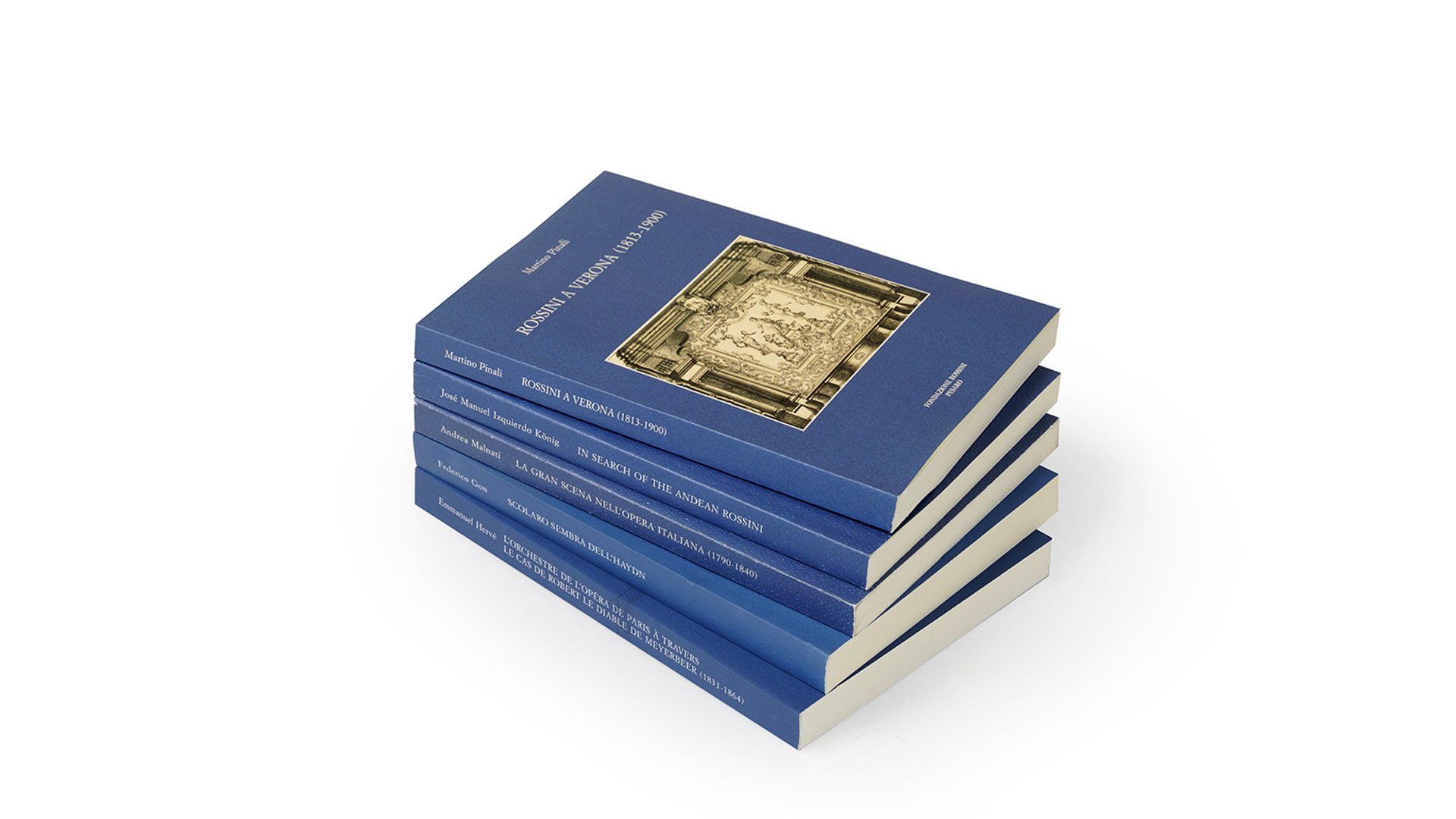One of the main tasks of the Rossini Foundation is the research and dissemination of Rossini’s work thus contributing in spreading its knowledge. The editorial production of the Rossini Foundation is written with clarity and effectiveness.
Contattaci: +39 0721.30053 – fondazione@fondazionerossini.org









